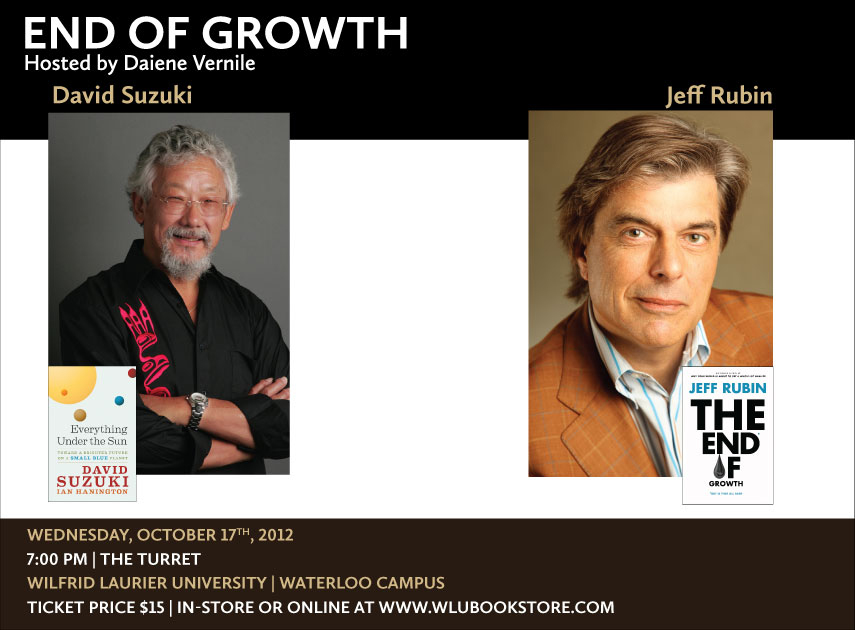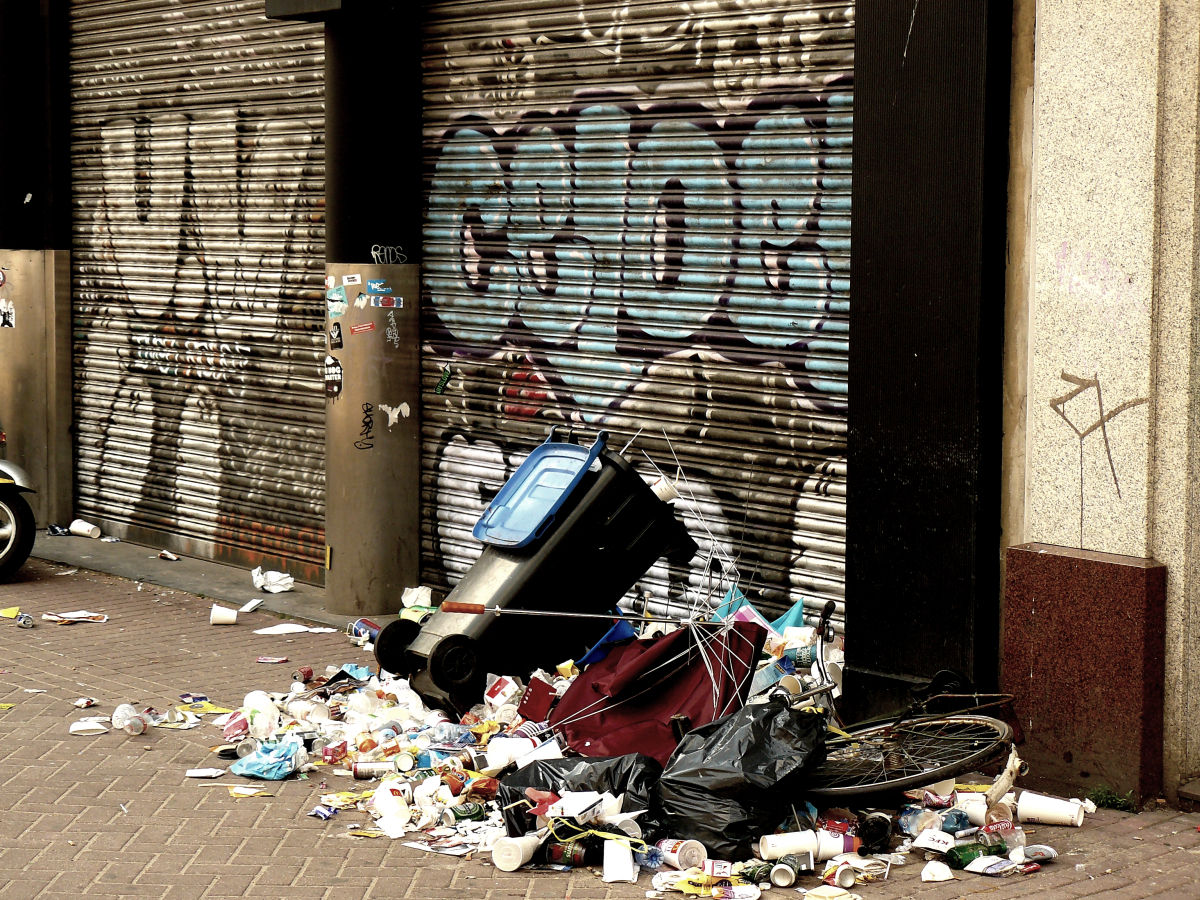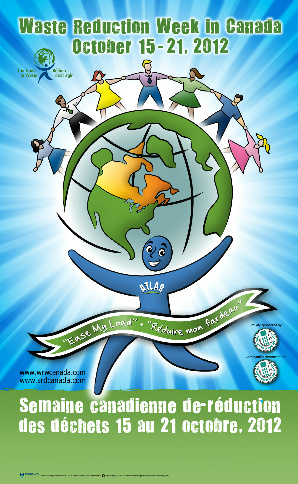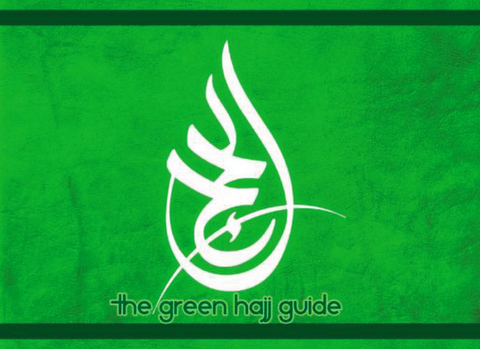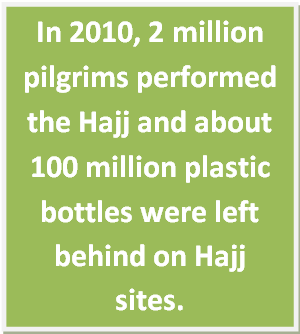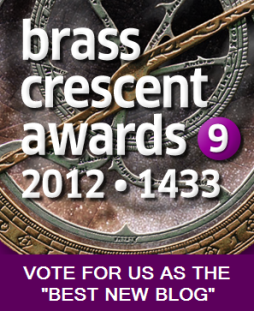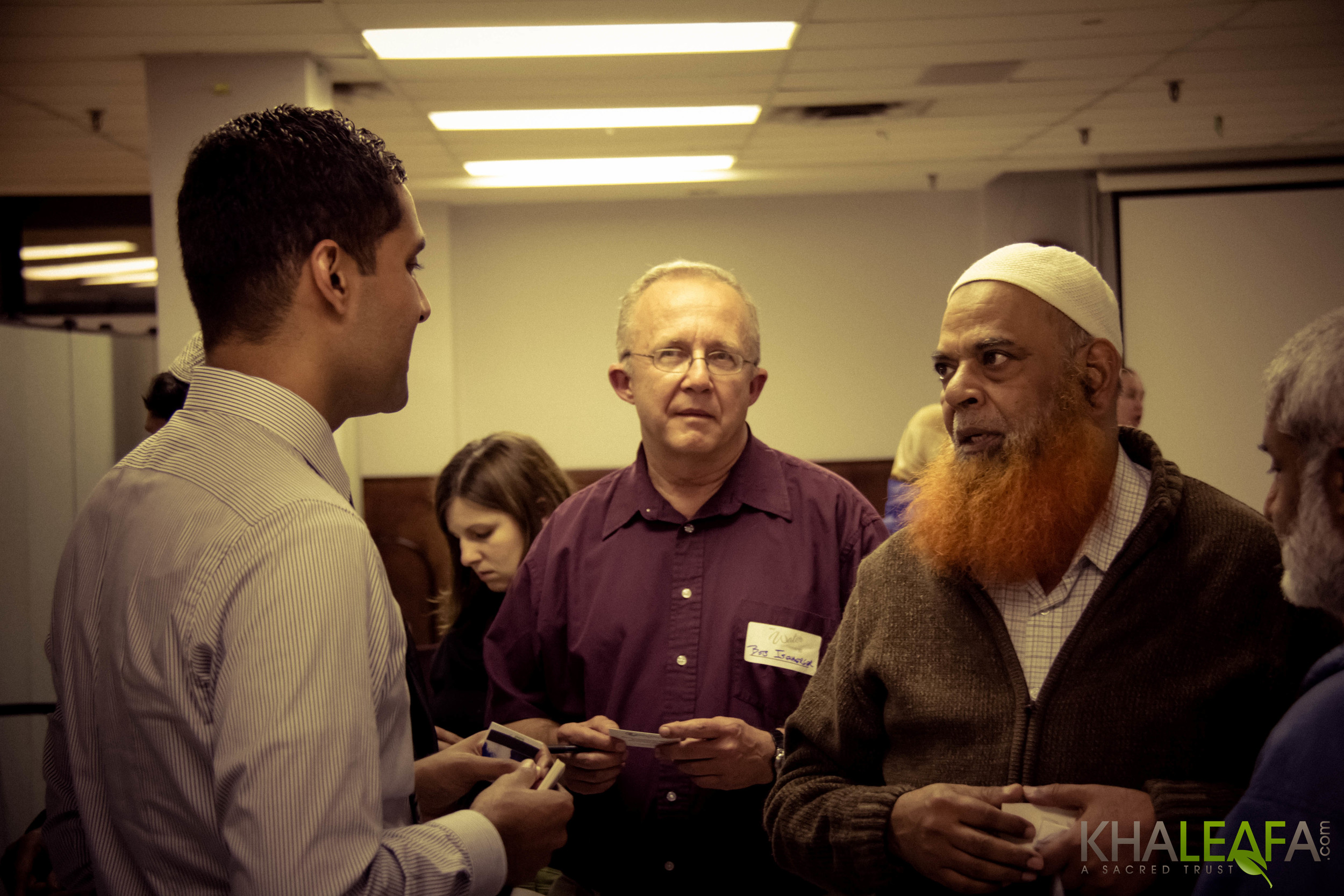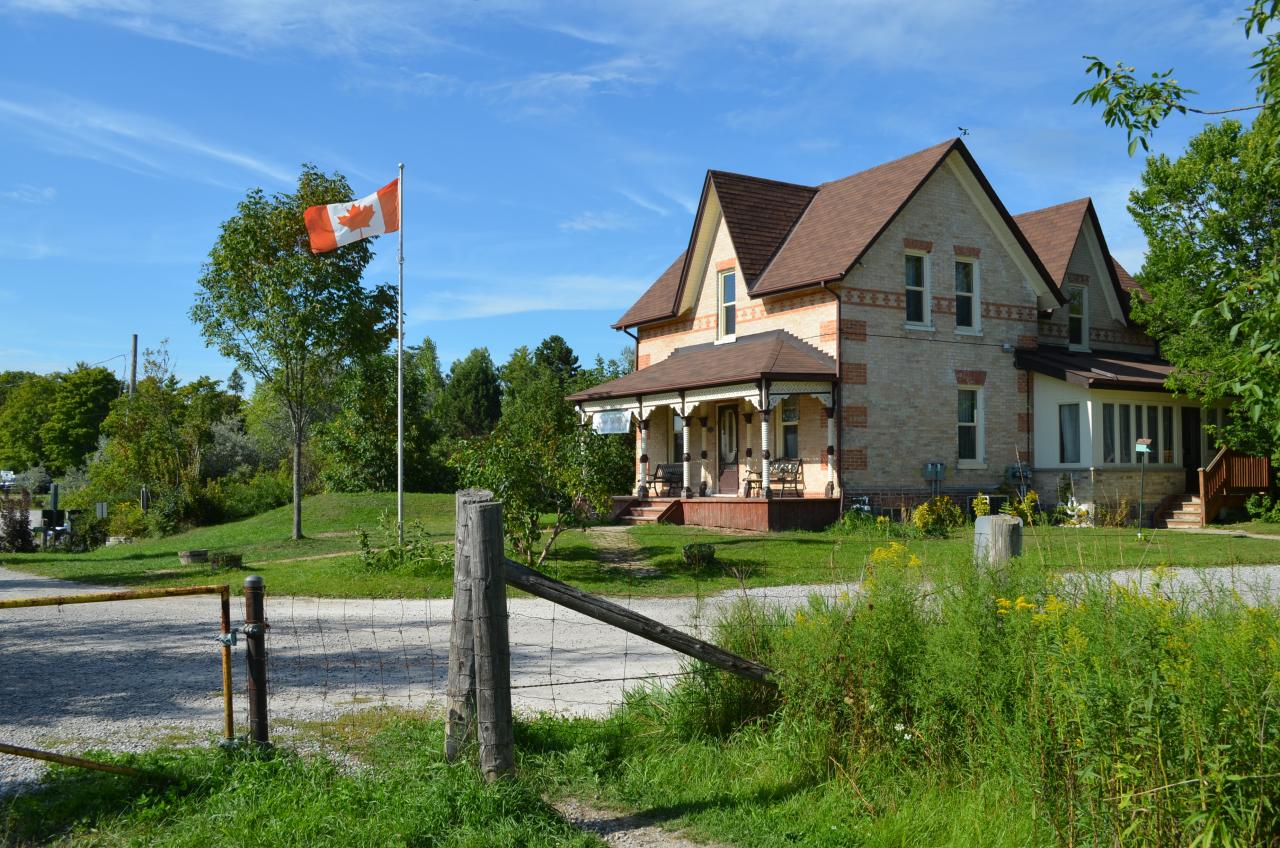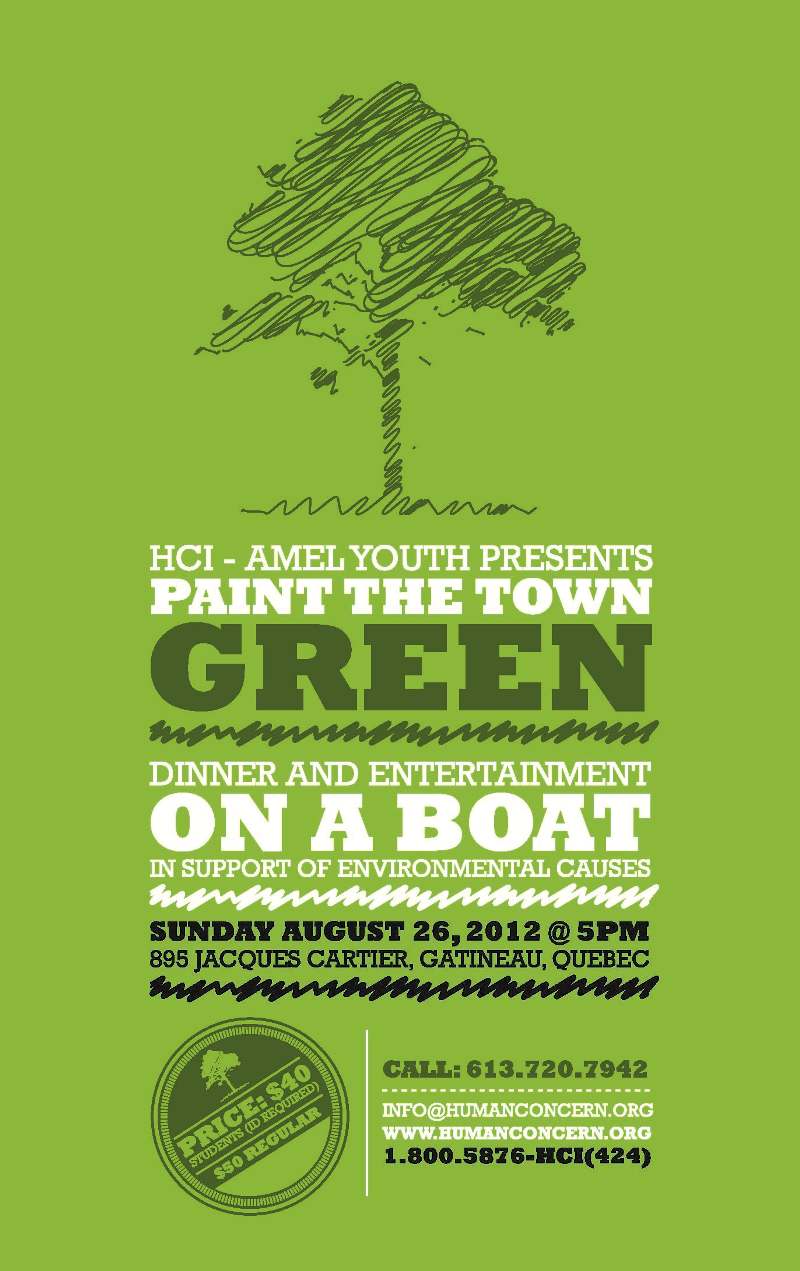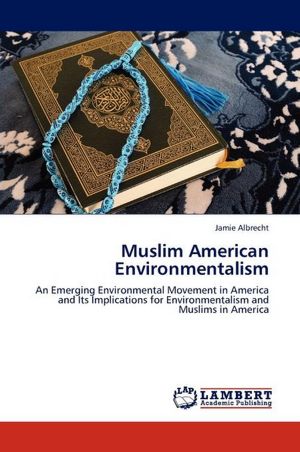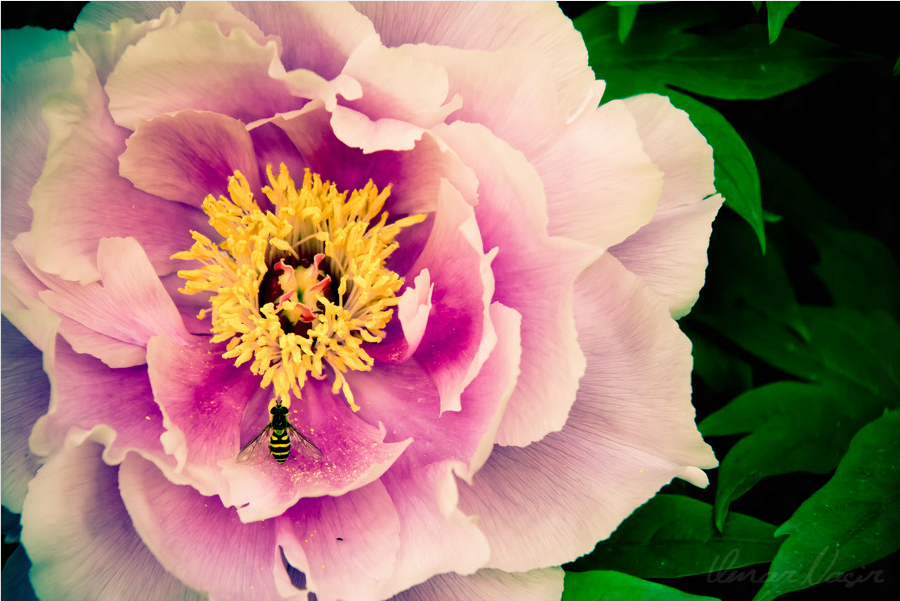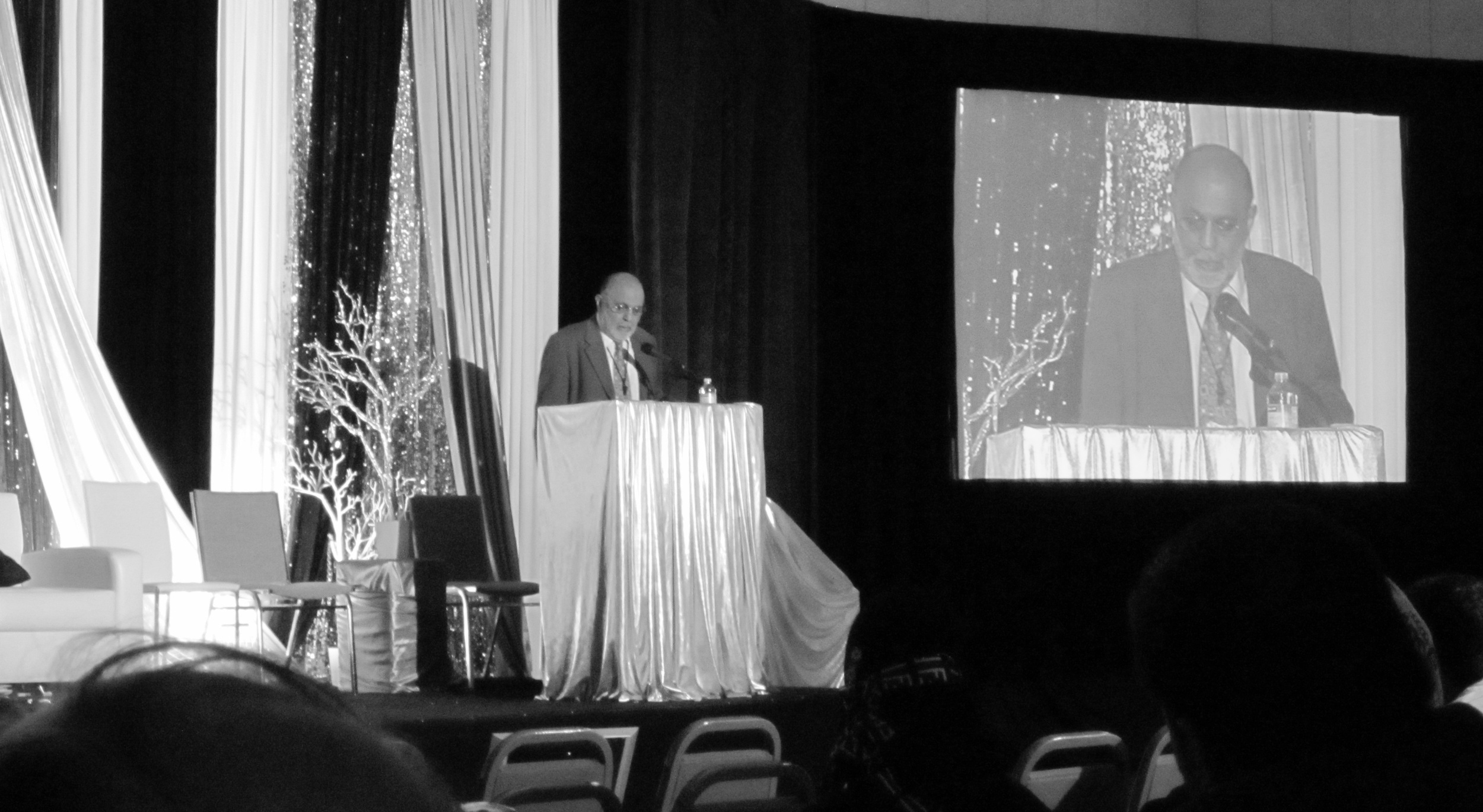 By Mohammed Ashour
As a society, we often misappropriate certain virtues and present them as vices. Shyness denotes low self-esteem. Introversion is seen as a sign of weak leadership, and 'followership' is simply never taught in business schools. This is so, even though shyness is a vital precursor to humility, corporations owe their very existence to the commitment of dedicated followers, and some of the world's leading CEOs are shockingly introverted.
By Mohammed Ashour
As a society, we often misappropriate certain virtues and present them as vices. Shyness denotes low self-esteem. Introversion is seen as a sign of weak leadership, and 'followership' is simply never taught in business schools. This is so, even though shyness is a vital precursor to humility, corporations owe their very existence to the commitment of dedicated followers, and some of the world's leading CEOs are shockingly introverted.
The same is true for those who are deridingly labelled 'tree-huggers' for their environmental consciousness. (Tellingly, the misappropriation of environmental-friendliness as a negative trait is not unique to North American culture. In Egypt, a person who is seen as socially brash or culturally unsophisticated is insultingly branded as "bee'a", literally meaning, "environment".) While it is true that words like "green" and "sustainable" have become feel-good staples of our everyday lingo, there is no denying that being called a "tree-hugger" is still very much insulting to many people.
To be sure, our faith has a commitment to environmental-consciousness that long pre-dates the trendiness of all things "green". From explicit Divine commands that we do not waste, to urgent appeals from the Prophet Muhammad to "plant a tree even if it is your last deed", Islam is arguably the most explicitly "green" of all the monotheistic faiths. Yet, paradoxically and shamefully, many Muslims have become amongst the most wasteful inhabitants of this planet.
Losing the Way
Last year, over 1300 people in Qatar had to be hospitalized due to "excessive eating" on the first two-days of Eid-ul Adha. According to a report by The National, over 500 tons of food are thrown every day during Ramadan in the United Arab Emirates (UAE). And as far as the most precious natural resource on our planet goes, residents of Kuwait and Saudi Arabia are amongst the biggest wasters of water in the world.
Lest any reader dismiss these as extreme, anecdotal cases, consider the report by the CDIAC with data from the United Nations about carbon dioxide emissions around the world. Most of us are not surprised to learn that China and the United States produce the first and second highest total amount of carbon dioxide emissions in the world, respectively. In fact, their emission levels are so large that they simply eclipse those of other countries. Not surprisingly, this makes China and the U.S. very easy targets of public outrage and very convenient villains in most "how-not-to-treat-the-environment" campaigns.
However, if we were to control for the population differences between countries, we even out the playing field for a more meaningful (and fair) analysis. Thus, when we compare the per capita carbon dioxide emissions per country, a totally different picture emerges. And it is not flattering for Muslims.
Pound for pound, Qatar produced the highest levels of carbon dioxide emissions of any other country in the world in 2009. Kuwait ranked fourth, UAE sixth, Bahrain eighth, Saudi Arabia thirteenth, and Oman fifteenth. In other words, almost half of the top fifteen carbon dioxide emitting countries in the world (per capita) were Muslim majority countries.
Fortunately, Muslims around the world are beginning to wake up from the cognitive dissonance between the teachings they know and the practices they embrace. From efforts to combat food wastage in the U.A.E. to government regulation in Saudi Arabia to reduce pollution, there are measurable improvements to the dismal track record of Muslim majority countries on the 'green' scale. Still, it is feared that many of these efforts are at best too little, if not too late. Also, it is particularly disappointing that Muslim majority countries are simply riding the sustainability wagon instead of driving it forward. This leaves one to wonder whether these countries are going green out of altruism or if, like almost every other country, they are simply caving to social pressure and opportunism.
The Tree-Hugging Prophet
As Muslims, we believe that all living things are imbued with a spirit, even if its exact nature and form remains obscure and mysterious. Furthermore, we believe these living things are engaged in their own form of sacred worship, and for this reason, we are taught to treat our environment with a measure of tenderness, respect, and love. Perhaps no one more aptly demonstrates this than Prophet Muhammad himself.
As the leader of the Friday congregation, Prophet Muhammad was accustomed to delivering the sermon near a tree stump. As his followers continued to grow in number, members of his congregation offered to build him a pulpit. The idea was that a pulpit would help project the Prophet's voice and make him more visible to a growing audience. Seeing this in the best interest of his community, the Prophet agreed and the pulpit was constructed.
When the Prophet ascended the pulpit to deliver his sermon the following Friday, he and his companions heard the tree stump sob uncontrollably. The stump, having become accustomed to its near proximity to the Prophet on Fridays, could no longer bear the reality of having to perpetually miss him now that he has permanently moved away.
Unwilling to ignore its cries, the Prophet quickly descended from the pulpit, rushed to the tree stump, and embraced it like a little child. Cuddled in his arms, it wailed and wailed and gasped and wailed and cracked and wailed some more. The Prophet continued to soothe the tree stump until it calmed down, all the while hugging it and not letting go.
I am a Tree Hugger
In a world where good words are given bad meaning, many of us are likely to contribute to these ongoing misappropriations without realizing it. Thus, reserved individuals will object to being labelled "shy", quiet musers will deny being "introverts" and followers will insist that they are leaders. By doing so, these individuals will at once deny their [virtuous] essence and reinforce the notion that being shy or introverted or a follower are somehow bad things.
For this reason, I urge every Muslim to play a part in re-appropriating these good words by giving them back their good meanings. So the next time someone calls you a "tree-hugger" with a snort of derision, do not get defensive or offensive. Instead, remember that it is a customary sunnah because your Prophet did it, embrace the label with every ounce of pride you can muster, and declare:
"My Prophet was a Tree-Hugger, and so am I."
Mohammed Ashour is a writer, public speaker and community activist who resides in Montreal, Canada. He completed a B.Sc. in Life Sciences at the University of Toronto, followed by a M.Sc. in Neuroscience at McGill University. He is presently pursuing a joint MD/MBA program at McGill University and can be followed on his blog: Rest Assured - Thoughts of a Canadian Muslim
Photo credit from PTzero









